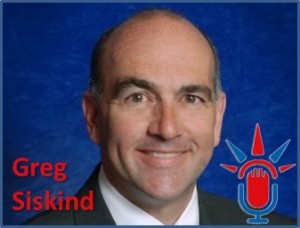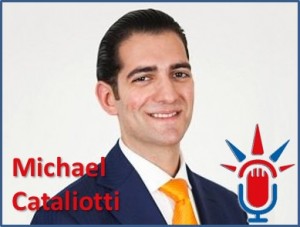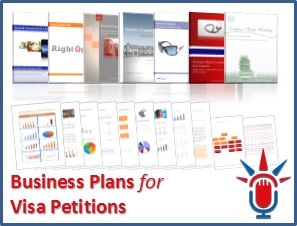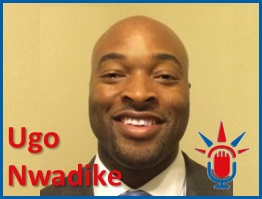In this episode we talk to immigration attorney Russell Ford on immigration issues with higher education staff and educators as well as the different challenges for administrators and professors.
Listen to this show using the web player below or your podcasting app of choice.
Subscribe via iTunes or Stitcher to get the next episode when it is released
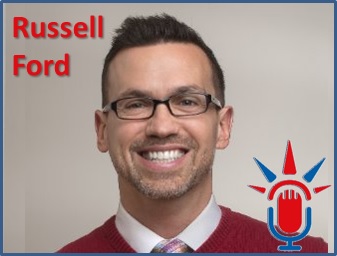 Ever since clerking for a small, business immigration firm in New Orleans during my time at Tulane Law School, I was taken with the idea of being an entrepreneurial lawyer in a practice that focuses on helping people – from the individuals who need proper documentation to work in the United States to the Human Resources professionals recruiting those individuals and managing a company’s immigration systems and procedures to the In-House Counsel responsible for ensuring his company is in compliance with the maze of immigration rules and regulations.
Ever since clerking for a small, business immigration firm in New Orleans during my time at Tulane Law School, I was taken with the idea of being an entrepreneurial lawyer in a practice that focuses on helping people – from the individuals who need proper documentation to work in the United States to the Human Resources professionals recruiting those individuals and managing a company’s immigration systems and procedures to the In-House Counsel responsible for ensuring his company is in compliance with the maze of immigration rules and regulations.
In this episode you will hear:
- Russell’s experience in immigration since 1999 and in the higher education industry since 2001.
- How the various potions in higher education can present different opportunists and challenges
- A typical path for foreign national professors and faculty
- J1 to H1B with a two year home residency requirement.
- The H-1B cap does NOT apply to higher education workers
- Since most professors have about the U.S. equivalent of Bachelors degree, the credential evaluation is easier.
- O-1 path is a good option if petitioner can’t get waiver or wait for the J-1.
- A typical path for foreign national staff and administrators
- Must prove that position REQUIRES an advanced degree for H-1B qualification
- Job title and requirements can play a critical role.
- He shared a personal example in which a woman’s basketball coach studied sports management, but still had challenges for H-1B.
- We also discussed the similarities in representing a higher education professionals and foreign entrepreneurs.
- How the ‘Shark Tank effect’ has highlighted more immigration options for progressive higher education workers.
Russell’s parting thoughts:
- Working with an immigration attorney is more about filling out forms for a visa category, but working with individuals with their end goal in mind. A good immigration attorney will use the programs and procedures to get you there.
Russell specializes in:
- Primary business immigration working with institutions on inbound and outbound support.
- Entrepreneurs and higher education systems.
- SEVIS compliance and training for higher education systems and universities.
- Enjoys working with business and university practices to enable talent and foster new ideas while working in compliance with government systems and regulations.
